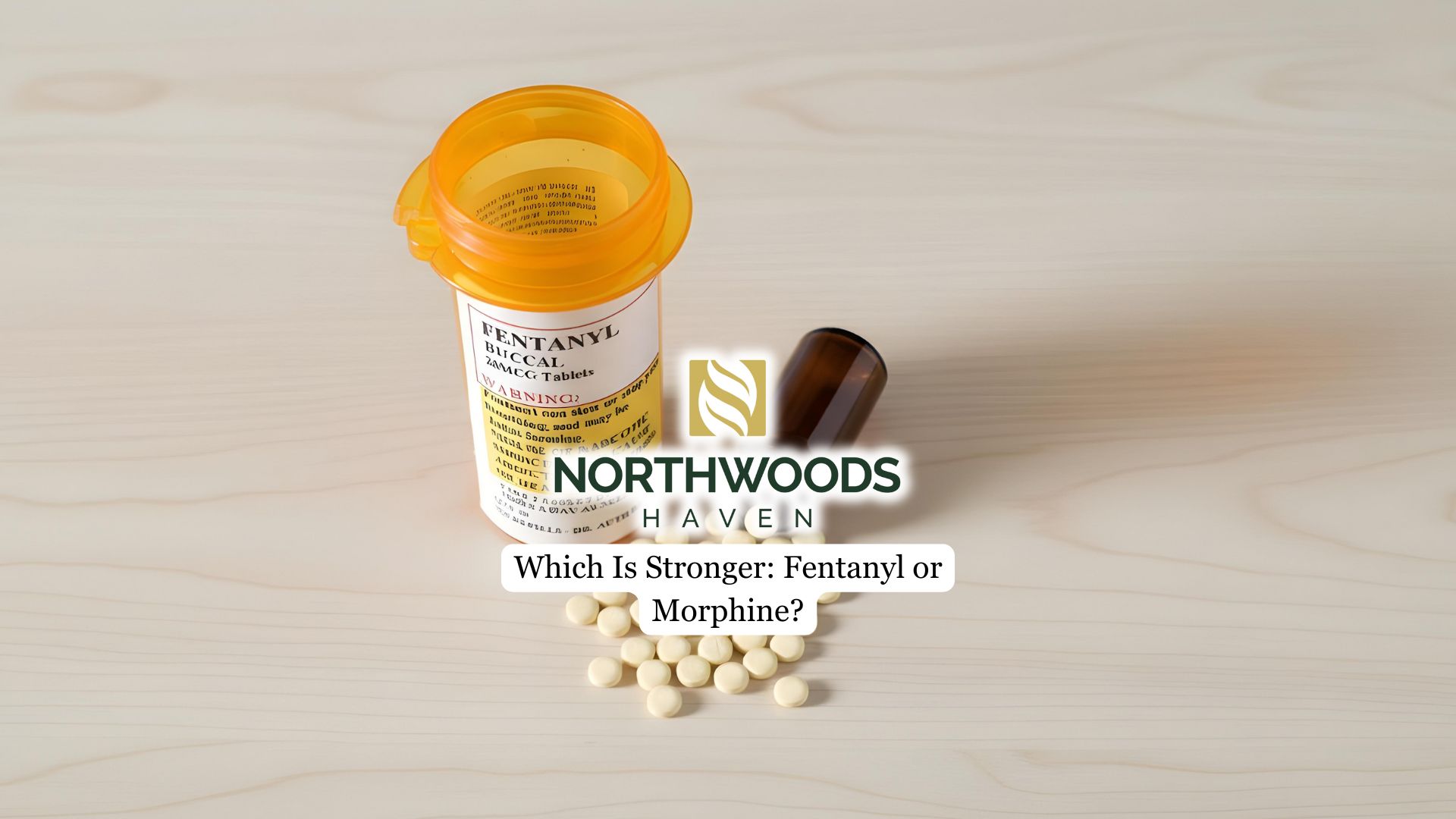Cocaine is a powerful stimulant drug commonly found in powdered form, known as cocaine hydrochloride. However, a less common but highly dangerous method of using cocaine is called freebasing. This process converts powdered cocaine into its base form, making it smokable and delivering a more intense and rapid high.
This article will explore the process of freebasing cocaine, how it differs from other methods of use, and why it carries significantly greater health risks.
Understanding Freebasing
Freebasing cocaine is a chemical process that separates cocaine’s base form from its salt form (cocaine hydrochloride). Powdered cocaine is water-soluble and typically snorted or injected, but freebase cocaine has a lower melting point and can be vaporized and inhaled. To create freebase cocaine, users extract the base using volatile solvents such as ammonia or ether. This process removes impurities and produces a nearly pure, smokable substance.
Cocaine, in any form, is a highly addictive stimulant that powerfully affects the brain’s reward system. Freebasing, in particular, delivers the drug to the brain more quickly and intensely, dramatically increasing its addictive potential and reinforcing compulsive use.
While crack cocaine is also a smokable form of cocaine, it is produced differently, typically by mixing powdered cocaine with baking soda and water, then heating it to form solid “rocks.” In contrast, freebasing uses chemical solvents, resulting in a purer but more volatile product.
Individuals struggling with cocaine abuse should seek help from a professional cocaine addiction rehab for the proper support needed for a successful recovery.
How Freebasing Cocaine Works
The freebasing process involves several steps:
- Extraction: Powdered cocaine is mixed with a solvent like ether or ammonia to separate the base cocaine from the hydrochloride salt.
- Purification: The base cocaine is isolated and dried, removing water and impurities.
- Heating and Vaporizing: The freebase cocaine is placed in a glass pipe, often packed with copper or steel wool, and gently heated. The cocaine vaporizes without burning.
- Inhalation: The user inhales the vapor, which rapidly enters the lungs and bloodstream, delivering cocaine to the brain within seconds.
This method allows for faster absorption than snorting or injecting powdered cocaine, producing an immediate and intense euphoric effect. The glass pipe and copper act as a filter and heat conductor to vaporize cocaine effectively.
Effects of Freebasing Cocaine
Immediate Effects
Freebasing cocaine delivers an almost immediate and intensely euphoric high, often described as a rush that hits within seconds. However, this high is short-lived, typically lasting just 20 to 30 minutes before giving way to a harsh “crash” marked by exhaustion, sadness, and irritability.
Physical Symptoms
Physically, users may experience a rapid heart rate and elevated blood pressure, along with sweating, skin flushing, nausea, vomiting, and restlessness. Insomnia is common, and symptoms like headaches, dizziness, pinpoint pupils, and sexual dysfunction can also occur, especially with frequent use.
Psychological Effects
Psychological effects are equally intense. Freebasing can sharply increase anxiety, cause agitation, and trigger paranoia or extreme suspiciousness. In more severe cases, users may experience hallucinations or delusions. Mood instability, marked by frequent irritability and emotional swings, is also a common fallout.
Neurological and Long-Term Consequences
Over time, the neurological and long-term consequences become more serious. Freebasing increases the risk of seizures and strokes, impairs memory and decision-making, and can lead to persistent anxiety, depression, or even psychosis. Because the drug is inhaled, repeated use can damage the lungs due to hot vapors and chemical residues. It also places serious strain on the cardiovascular system, increasing the risk of heart attacks and arrhythmias.
Risks and Dangers of Freebasing Cocaine
Freebasing involves handling flammable solvents like ether, which can cause explosions or fires if mishandled, as well as toxic inhalation. Burns from hot pipes are also common among users.
Freebase cocaine is more potent than powdered cocaine, increasing the risk of overdose. The rapid onset of effects can overwhelm the cardiovascular system, causing heart attacks or strokes.
Repeated use leads to tolerance and dependence, making addiction more severe and difficult to treat. The intense highs and subsequent crashes often push users into cycles of binge use and withdrawal, worsening physical and mental health.
Differences Between Freebasing and Crack Cocaine

Though both forms are smokable, freebase cocaine and crack cocaine differ chemically and in production:
- Freebase cocaine is chemically extracted using solvents like ether or ammonia, resulting in a purer base form.
- Crack cocaine is made by mixing cocaine powder with baking soda and water, then heating to form solid rocks.
- Crack is generally less pure but easier and safer to produce than freebase cocaine.
- Both deliver rapid, intense highs but differ in social context, legal status, and associated risks.
Here you can read more about the difference between cocaine and crack.
Social and Legal Context
Freebasing cocaine is less common than other forms but is often associated with severe addiction due to its potency. Cocaine and its derivatives remain illegal in most countries, with possession and distribution carrying heavy penalties. The dangers of freebasing contribute to public health challenges, including increased emergency room visits and complex addiction treatment needs.
Treatment and Recovery
Treating addiction to freebase cocaine is challenging due to the drug’s rapid effects and high addictive potential. Effective treatment includes:
- Medical detox to manage withdrawal symptoms safely.
- Behavioral therapies, such as cognitive-behavioral therapy (CBT) to address triggers and coping strategies.
- Support groups and counseling to maintain long-term sobriety.
- Comprehensive care addressing co-occurring mental health disorders.
Early intervention and specialized programs improve outcomes for individuals struggling with addiction to cocaine in any form.
Final Thoughts from Northwoods Haven
Freebasing cocaine is a highly dangerous method of cocaine use that produces an intense, rapid high but carries significant health and safety risks. Its chemical preparation, potent effects, and associated dangers make it one of the most hazardous ways to consume cocaine.
At Northwoods Haven, we offer a safe and caring environment where individuals can start their recovery with confidence. Our team of addiction professionals in Minneapolis, MN delivers personalized, evidence-based treatment designed to meet each person’s unique needs. Through our specialized cocaine addiction program, clients gain the skills and support to achieve lasting sobriety and build a healthier, more fulfilling life.



